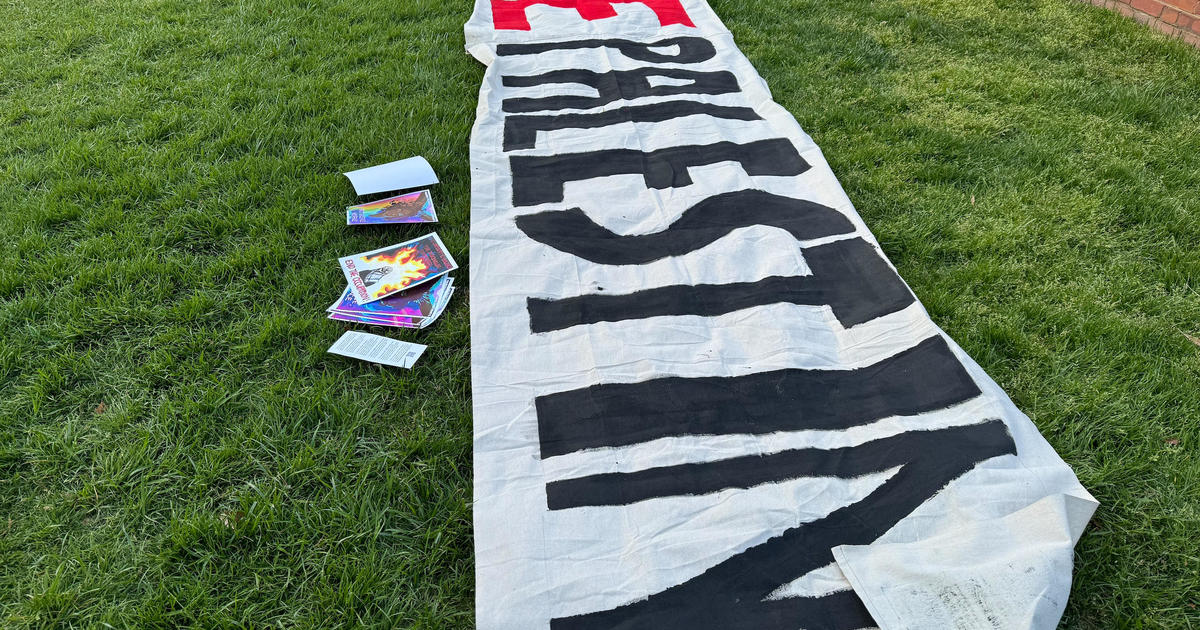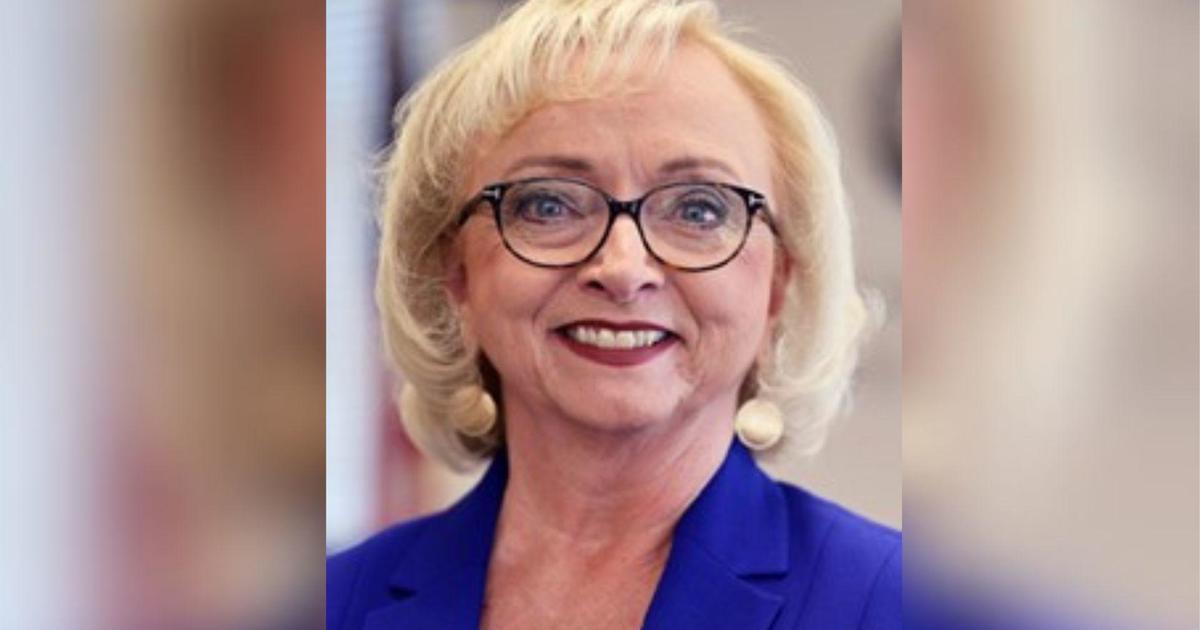Expert: 'Reasonable Chance' Person Infected With Ebola Could Come To US
CHARLOTTE, N.C. (CBS Charlotte) - With more than 600 people dead from the Ebola virus in West Africa, fears are running rampant of the virus spreading globally since this is the worst outbreak of the deadly disease in history. Experts warn that the virus could easily spread to the U.S. as more than 1,000 cases have been reported in the African countries of Liberia, Guinea and Sierra Leone.
Stephen S. Morse, a professor of epidemiology for the Mailman School of Public Health at Columbia University, told CBS Local that he thinks there's a "reasonable chance an infected person" could bring the Ebola virus back to the U.S.
"I think there's a reasonable chance that an infected person could come to the U.S. unknowingly," Morse said. "We have had for example health care workers who have been volunteering to work there. Some of them have tragically become infected with it. The fact that the incubation period for this virus could be a few days to a week, but also can be as long as three weeks is a problem. Someone could get infected, be on a plane and bring it back to America."
The virus has spread across Guinea, Liberia, Nigeria and Sierra Leone, and earliest stages symptoms include fever, aches and a sore throat, according to the World Health Organization. There is no vaccine and no specific treatment for the disease which is one of the reasons why it has a fatality rate of at least 60 percent.
Morse, who is the global co-director of the USAID Emerging Pandemic Threats Program, added that there are many possibilities for an infected patient to bring the virus back to the U.S.
"I would hope that if a patient with Ebola were to come to America that someone would take them to a hospital where they would take note of that person's travel history," Morse explained. "Then the hospital should put that person in isolation immediately and begin treatment along with taking very careful precautions."
Michael T. Osterholm, the director of the University of Minnesota's Center for Infectious Disease Research and Policy, also said that it is a possibility the deadly virus could travel to America.
"It's certainly a possibility, but we have to be fully prepared for it," Osterholm told CBS Charlotte. "One of the things is that people need to fully recognize the cases. If someone presents the symptoms of the Ebola virus, we need to be very aware and ask do they have a travel history to western Africa. If they do, it should trigger all kinds of alarms so that their body fluids don't come in contact with anyone. We have to treat those people as if they were infected with the Ebola virus."
Osterholm, who is one of America's prominent public health scientists, emphasized that people shouldn't worry about this virus unless they have come into contact with an infected person's bodily fluids.
"People are getting really nervous that the virus could be transmitted to them just by sitting in the same room as an infected person," Osterholm stated. "This is not the case and it's not a virus that's transmitted through the respiratory system."
Osterholm added that a huge outbreak wouldn't necessarily happen here like in Africa due to several factors.
"We wouldn't see a huge outbreak here," Osterholm explained. "We would see a small outbreak possibly, but as soon as the person is recognized as having it, treatment and isolation would begin immediately. There's not going to be a whole number of days when someone doesn't realize that they're sick. The first hours are critical. Also, our public health system would be able to very quickly identify who the cases are. We would stop the Ebola outbreak in this country dead in its tracks."
So far the virus has killed one American and two American medical missionaries were recently diagnosed with it while they were working with Ebola patients in Liberia. Osterholm noted that Africa has experienced Ebola outbreaks dating back 40 years, but that this outbreak is different.
"This outbreak is so geographically diverse and the changing demographics of Africa is one of the causes of this happening in this capacity," Osterholm said. "Some of the people there are fearful of the government and hospitals. We need to have a major education campaign to help people understand what this is so that we can stop this."
Morse also agrees with Osterholm that people need to become more educated about the Ebola virus in Africa.
"The problem in Africa is that there a lot of people who need education on it," Morse said. "They need to think about how to do their caregiving and traditional cultural burial practices but in a more protective way as to not spread this disease further."
He also added that the lack of resources is another problem with how this virus has gripped the people within western Africa.
"People are spread very thing there and there are a lot of volunteers who are trying to help," Morse shared. "Very much to their credit volunteers are going there and helping, but they too need to be trained properly because most of them probably haven't done anything of this magnitude before."



